Should I praise my child?
A fresh perspective
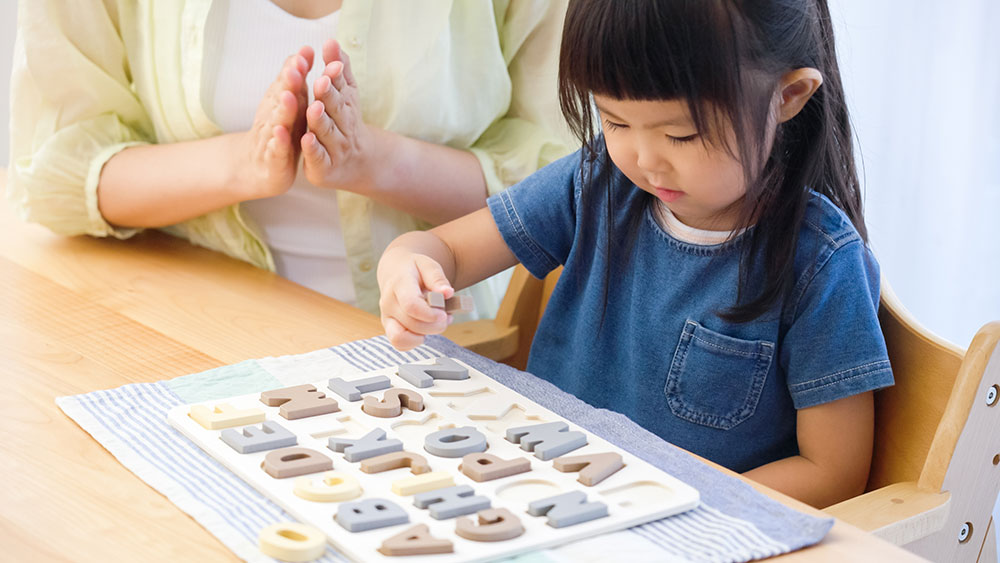
by Katy Elphinstone, May 2022
- So they feel good about themselves,
- To make them aware they're a special and wonderful person to us,
- So they feel good about something they are doing/did/achieved,
- To encourage good behaviour.
When we praise children, our intentions are overall excellent. We might praise them for the following reasons:
These seem pretty good aims in themselves. So let's do some research!
What does the internet say?
I typed in, "Is praise good for children?"
I straightaway found:
"The answer is a resounding 'Yes'. It is good to praise your child and to start praising them early." “Praise helps children to repeat good behaviour. Praise helps children to feel good about themselves - this leads to better behaviour.” “Praise also encourages positive self-esteem and self-worth.”
This sounds very positive. If praise (besides leading to good behaviour) makes children feel good about themselves, increases their self-esteem and self-worth – well, what's not to like? Only... are these assertions right? Are they evidence-based, or are they assumptions?
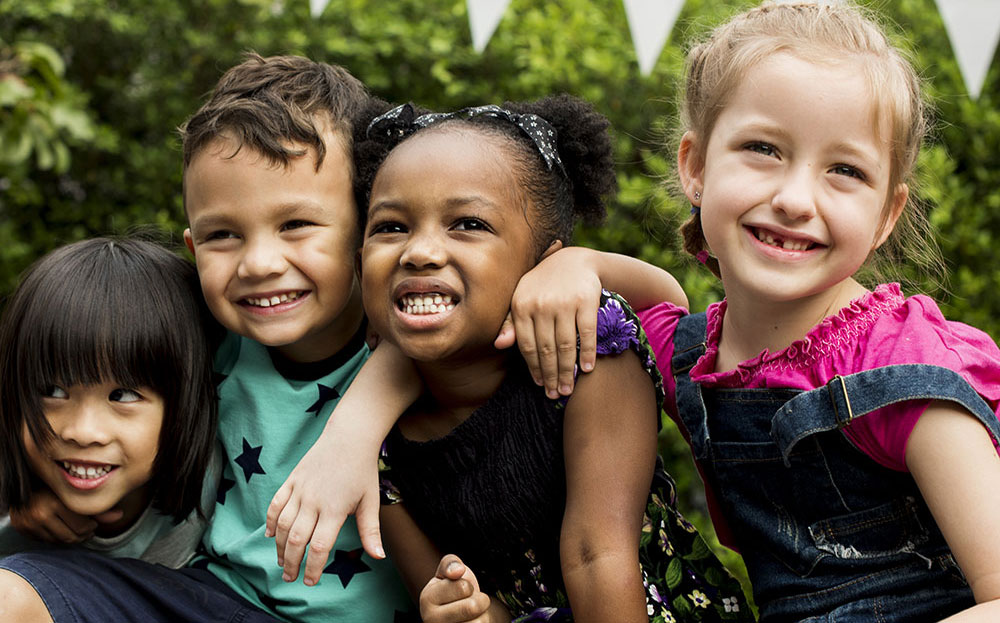
What about research studies?
I delved more deeply, this time looking up studies comparing kids who were praised to those who were not (see the References section for the ones I found). Then, I went on to take a good look at the things I'm most likely to say to kids, and some of the unexpected effects they may have, according to the data.
Ways we praise children
1. Telling a child they’re clever/smart. This has been shown across numerous studies to have the effect of reducing any future risk-taking. Children who were praised in this way went on to choose the easiest option the next time, whereas the ones who were not praised were more inclined towards a new challenge.

2. Praising a child for ‘being kind’. This, counter-intuitively, seems to reduce the child's natural inclination to be kind. It steers their focus away from the satisfaction they got out of the act itself (we, as humans, love doing kind acts, it gives us such a glow!), and puts the emphasis onto getting the approval instead. The child begins to subtly doubt themselves – 'Would I even do this, without the reward? Probably not!' One study divided a number of young children into two groups. The children in the first group were praised by an adult for kind acts, such as sharing their toys. The children in the second, were not. When the adults left, the children in the group who’d been praised were now less likely to share than the children who'd never been praised.
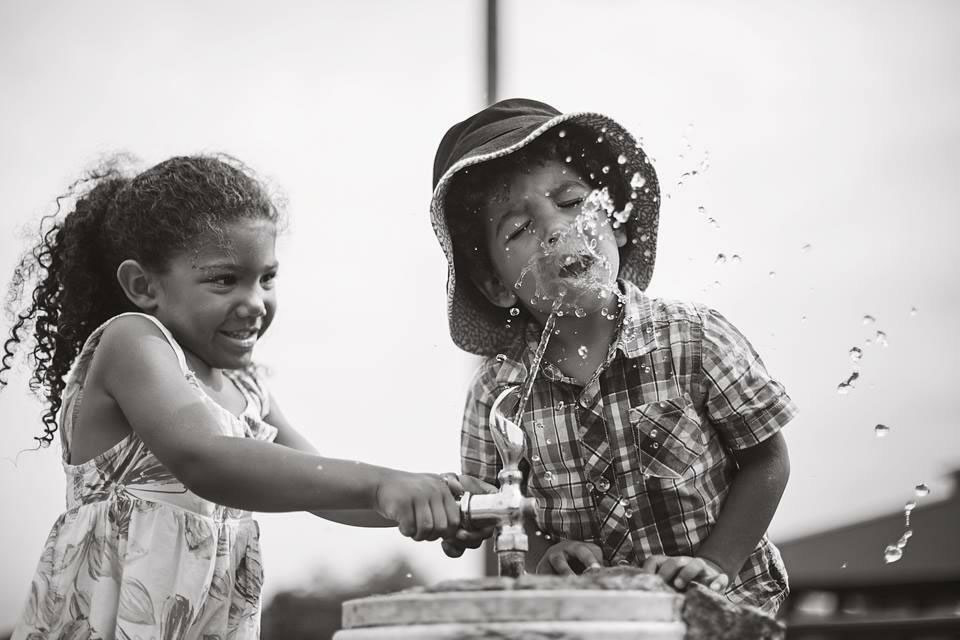
3. Praising a child for being beautiful. A child may become insecure when attention is focused on their outward apperance. This may, at the outset, have been the last thing on their mind! Many of those who've received this sort of praise say it's made them wonder, ‘Only, what if I were not beautiful (or you did not find me so)?’ Praising girls for being beautiful is extremely common. We mean well enough ('girls love being told they're pretty!'), but it has the side-effect of taking emphasis off what they do and who they are, and placing it rather onto how they appear. This, unfortunately, goes along with our societal tendency to objectify women.
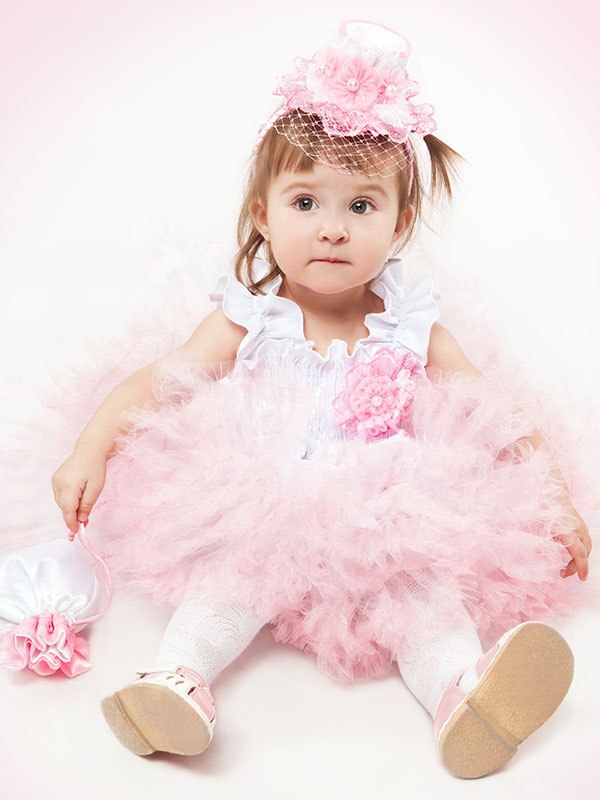
4. Praising a child’s work. a) If other children are present, the recipient can attract jealousy and hostility. In fact, sensitive children often hide their talent or knowledge because they don't want to upset their siblings or classmates.
b) The adult may have views on which things are ‘good’ and which are ‘bad’ – and on which activities or achievements are ‘the best’ (i.e. a hierarchical approach). This can easily make a child, or some children, feel dejected, second-rate, and/or unconsidered.
c) When a child is praised for something they’ve done or are doing, the focus shifts away from the intrinsic reward of doing those things and onto the reward of getting appreciated/praised. Praise, therefore, depletes self-motivation (emphasis off task itself and onto getting approval/reward/accolade). A child can eventually lose trust in themselves because of that shift from ‘internal’ focus to ‘external’. Their natural instinct/inclination gets pulled gradually off balance.
d) The child may sense if the adult is either not fully sincere, or else too invested in the outcome. This can trigger their counter will. So they may go from desperately wanting to do music lessons (for example), to not wanting to, at all - having been told once-too-often how pleased the grown-up is with them for doing it.
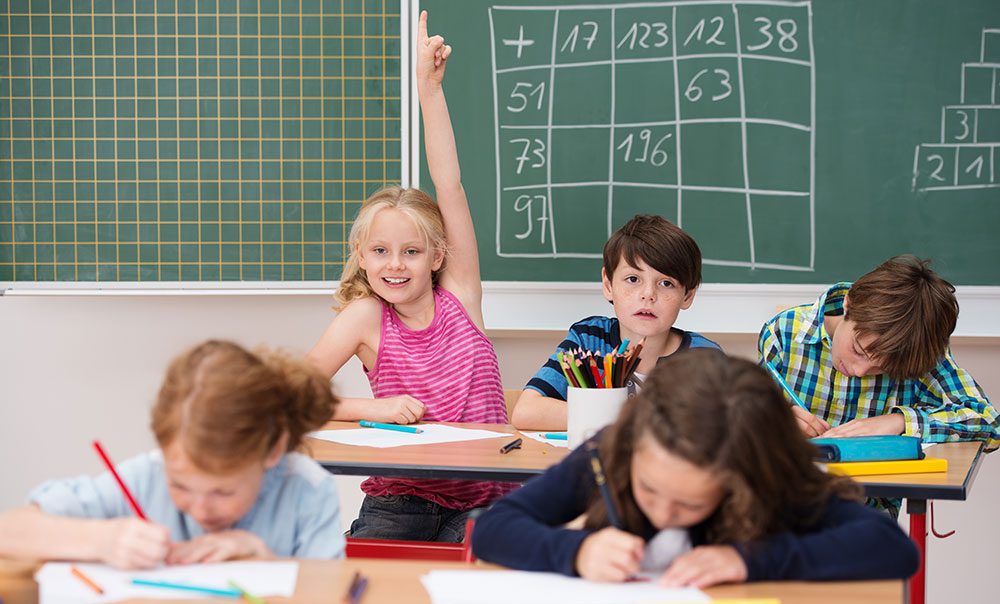
To quote from one study, "Findings suggest that process feedback may not be inherently positive; instead person feedback seems particularly detrimental." (See the References section for information and links to all the studies cited in the article).
What about praise to encourage ‘good behaviour’?
Well, first - what do we mean by ‘good behaviour’? In relation to children, we may mean things like:
- Not being noisy or messy, - Smiling and having a pleasant manner, - Expressing gratitude, consideration, and appreciation of other people, - Not being a bother to others, nor upsetting the status quo, - Conforming to rules (often in an institutional setting).
Let’s take a step back: What does our world currently look like?
What does the future hold? What’s going to happen? To our habitat, to us, to our children? The world has become a fast-moving place, containing much uncertainty.
And yet, we live in a culture where it's generally assumed kids should learn to knuckle down, and go along with what has gone before. After all, what else do we know? In this context, paradoxically, we try our best to prepare our children for their future lives, careers, and ventures.
We may start to wonder if it wouldn't be better for our kids to become more autonomous, not less. To have more independent and creative thought, not less. Not to be so strongly influenced by adults' dictums, by peer pressure, and by external motivators overall. Not to be busy seeking approval, gold stars and smileys, or else just striving to ‘pass under the radar’.
Perhaps we'd rather they grew up resourceful, resilient, connected to their own feelings and inner wisdom, instead? Seekers of solutions. Calculated risk-takers. Informed decision-makers.

Some 'praise' stories
I was picking up my niece from school one day. She was silent for a while, clearly thinking about something. Then she asked, "Auntie Katy, why do you think I never get praised for being kind at school?" She went on to tell me how the two naughtiest boys in her class got praised my the teacher whenever they did something nice, even if it was only a very small thing. I answered, "Well, I suppose she doesn't praise you because you are kind all the time?" She exploded, "But that's just... not fair!"
My cousin, when she was about thirteen, was staying at her grandmother's. She had cooked a special meal and her granny complimented her profusely on every course. By the time they were eating dessert, the conversation had moved onto something very engaging. As they were clearing away, her granny, noticing her granddaughter looked a bit dejected, said to her, "Darling, I hope you are happy to see everyone loved your food so much?" My cousin replied, ‘No one said anything about the fruit salad!”, and burst into tears.
My son (aged about six) was drawing at our kitchen table. He was just fetching some more pens for his drawing. I stopped at the table, exclaiming, “Oh, what a beautiful picture!” He sat down again, saying very politely but to-the-point, “Mummy, please can you stop talking.” I went away puzzled and hurt, but then realised, a) it had not been a good moment (he was busy) and b) what I was saying was neither required nor asked for. Oops.
When children become used to, and responsive to, praise
So, I made a list of questions to ask myself.
1. Do I want my children to be easily manipulated by praise? When they go out into the world? 2. Do I want their self-worth to be improved by other people’s approval of them? 3. Or even, would I want their self-worth to become largely dependent on other people’s opinions of them as a person, and of their actions?
I could now see exactly where all this was going! And I was coming out in goosebumps. Conformism. Superficiality. Pointlessness when alone. Frrrr.
Only... what could I do, instead?
I began to self-examine. To notice when I was praising my kids, and what words and expressions I was using. What did I mean when I said those things? And what outcome I was hoping for?

Some ideas
‘State’ praiseWhen I was giving the sort of praise that cries out, ‘I love you’ (e.g. ‘How wonderful you are, how beautiful you are, how clever you are’, etc.), I tried to say instead, ‘I love you so much’, or 'I love hanging out together', or other similar ways of simply expressing how deeply I cared about them.
‘Feedback’ praise And here are some ideas for giving feedback (on things your child made or did, their projects, etc.), that should not hinder their self-motivation/ownership.
- Wait to be asked for input. Don’t ever give feedback unsolicited.
- Focus your attention entirely on the work (and not the child).
- Stop, look, and consider their work. When (and only when) feedback is asked for, it’s important to take some time. If you can't, say, "I want to concentrate properly, let me finish this and then I'll be with you." Sit down, or get close, to have a better look (e.g., if it is a picture or model they did). Think a bit. Ask questions, with genuine curiousity. Make neutral, observing comments, e.g. “This fabric is so soft", "Those trees are a bit like the ones at the top of our road.”
- Use/enjoy what they did. Without comment or fanfare. If it’s e.g. a bit of jewellery they made for you, wear it. If it’s a painting, put it on the wall. If it’s a meal, eat it with attention, tasting it properly. If it's a piece of music, sit down somewhere unobtrusively (even out of sight!) to listen to it. And so on.
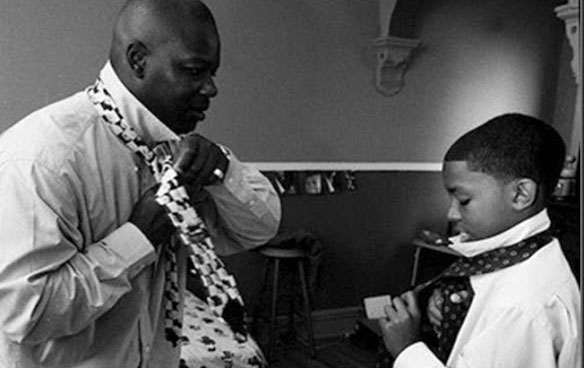
Big, huge caveat
Not to tie ourselves up in knots over this!
We must never, ever feel we’ve ‘failed’ if we don’t manage to do things quite the way we'd like to. Being a parent is... well, it's hard!
As humans I believe we’re designed to live (in some ways) rather more like elephants do - with lots of benign and helpful other tribe members around, to help us in the monumental task of raising our young ones. An adult all alone, isolated, trying to cook, clean, and figure out all the logistics too – well. Let’s just say giving parenting the presence and the care we’d like to is rarely possible.
It’s way more important to be as relaxed and happy as possible, both with your children and in your life, than to be doing any number of things ‘right’. There are, after all, many factors that complicate our endeavours.Most children are already used to praise, having been conditioned to expect it. And so, of course, are we! Many feel, if it’s missing, what they've done must be hopeless. A child might hold up a painting, or something they made, for us to see - and our impression is they just want us to just say how wonderful it is. So, we do, of course. It would feel fairly inhuman not to.
In the care and education of our children, we’re working in parallel with institutional settings, usually competitively oriented ones, where conformism is rife and rewarding is used systematically to get kids to do what we adults wish them to. There’s only so much you can do, at home, to counter any less constructive messages they are receiving from elsewhere.
Considering everything, as Winnicott would assure us, we're doing everything we can to be 'good enough parents'. And - in my own words, "Here's to you, parent and miracle-worker!"
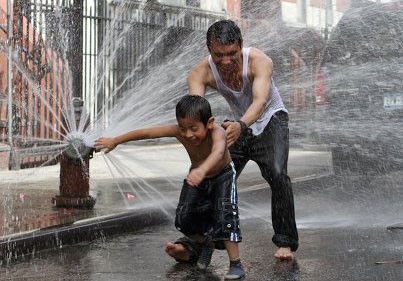
- - -
References
Attribution, reinforcement, and altruism: A developmental analysis. J. Grusec, Erica Redler, 1980 www.semanticscholar.org/paper/Attribution%2C-reinforcement%2C-and-altruism%3A-A-Grusec-Redler/285ced13be01b319ae7fced87b02e645c1b2341d
Is no praise good praise? Effects of positive feedback on children's and university students' responses to subsequent failures. Yvonne Skipper, Karen Douglas, 2012. https://pubmed.ncbi.nlm.nih.gov/22583094/
Effects of Ability and Effort Praise on Children’s Failure Attribution, Self-Handicapping, and Performance. Shufen Xing, Xin Gao, Ying Jiang, Marc Archer and Xia Liu, 2018. https://www.frontiersin.org/articles/10.3389/fpsyg.2018.01883/full
Kids praised for being smart are more likely to cheat. University of Toronto 2017. https://www.sciencedaily.com/releases/2017/09/170912154839.htm
Are You Overpraising Your Child? (All those “Good jobs!” might be undermining kids’ independence and self-confidence.) Paul Underwood, New York Times, 2020. www.nytimes.com/2020/08/13/parenting/praising-children.html
The Negative Impact of Rewards and Ineffective Praise on Student Motivation. Julie Kelsey, 2011. https://dc.cod.edu/cgi/viewcontent.cgi?article=1318&context=essai
From concepts of motivation to its application in instructional design: Reconsidering motivation from an instructional design perspective. Cheng, Y.-C., & Yeh, H.-T. British Journal of Education Technology, 2009. https://bera-journals.onlinelibrary.wiley.com/doi/abs/10.1111/j.1467-8535.2008.00857.x
Teachers’ beliefs about student motivation: Similarities and differences across cultures. Comparative Education, Hufton, N. R., Elliott, J. G., & Illushin, L. 2003. https://www.jstor.org/stable/3593433
Punished by rewards, The Trouble with Gold Stars, Incentive Plans, A’s, Praise, and Other Bribes, Alfie Kohn. Boston: Houghton Mifflin Company, 1993.
Five reasons to stop saying “good job!”, Alfie Kohn, 2021. www.alfiekohn.org/article/five-reasons-stop-saying-good-job/
- - -
SHARE ON SOCIAL MEDIA
1. Polkadot Photos, Child studying English with alphabet puzzles
2. Rawpixel.com, Group of kids sitting together
3. Insta Photos, Teacher helping junior school student
4. Girl helping her friend to drink for the water fountain, Photo by Jennifer Borget, c/o JOYW
5. Vasilyev Alexandr, Portrait of a young girl in beautiful pink dress
6. Stockfour, Intelligent enthusiastic little girl in class holding up her hand, with a happy smile, to attract attention and answer a question
7. AS photostudio, Four young college friends spend time together
8. Children riding on their parents' shoulders, Photo by Jennifer Borget, c/o JOYW
9. Father showing his son how to tie a tie, Photo by Russell Frederick, c/o JOYW
10. Father and Son, by Brandon Stanton (of Humans of New York), c/o JOYW